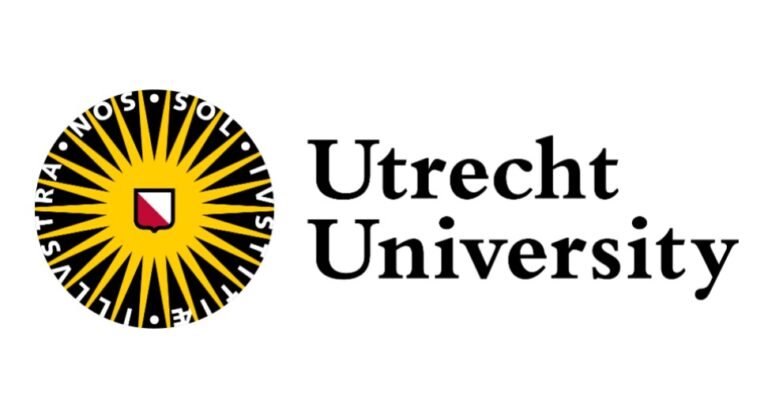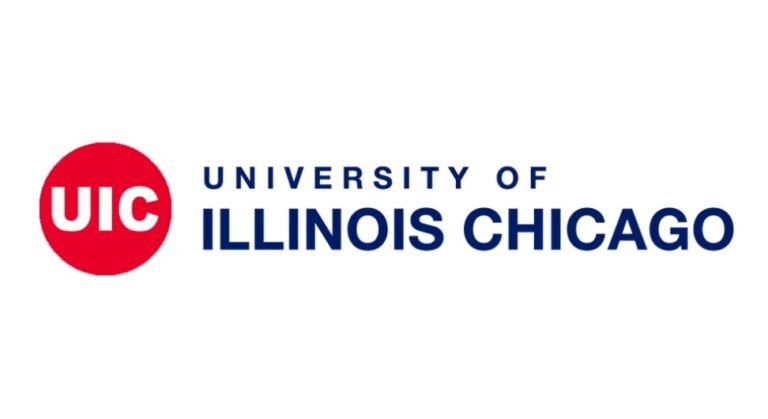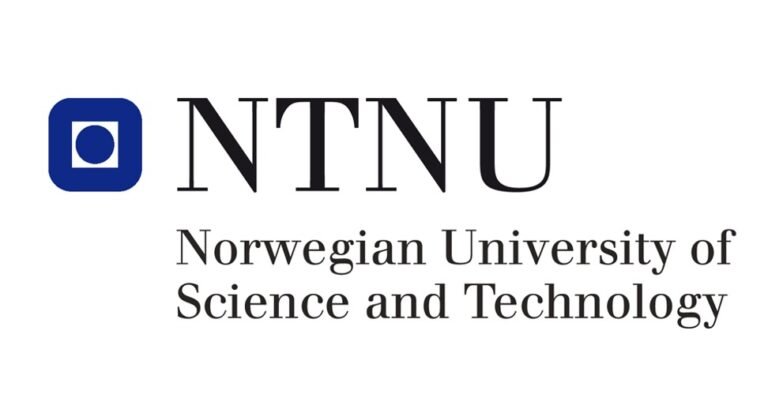We are looking for a PhD candidate for a research project on Public education, Big Tech and AI in the Netherlands, which is part of the Spinoza-funded research programme Governing the Digital Society, chaired by Professor José van Dijck
. Are you excited to investigate the structural convergence of Public Education, Big Tech and AI in the Netherlands?
Your job
Over the past two decades, Big Tech companies have steadily increased their influence over public education. This influence has become particularly evident with the rise of platforms and artificial intelligence (AI). Big Tech conglomerates are restructuring the education sector by incorporating new generative AI (GenAI) infrastructures and applications into their own educational services, while simultaneously integrating them with third-party edtech vendors.
As AI-driven tools and platforms become structurally embedded into schools’ digital environments and practices, the existing infrastructures of public education are increasingly pulled into the globalized ecosystems of Big Tech. In this project you will critically investigate the structural convergence of Public Education, Big Tech and AI in the Netherlands, and study the implications of this process for reshaping public education.
During the first six months of the project, you will work on a detailed research plan based on an extended version of the ‘Project Description’ above, which you will carry out independently during the remainder of the project. In the second and/or third year of the project you may be asked to teach a few classes, but no more than 10% of your appointment.
Your qualities
We are looking for an enthusiastic PhD candidate who:
- has an (R)MA degree in (digital) media studies, communications, education and technology, or a similar relevant research area;
- has excellent independent (critical) research skills, as demonstrated in the (R)MA thesis or any publications assessed as such;
- has a serious interest in issues at the intersection of public education and digitisation;
- has an academic interest in and thorough knowledge of platform studies (in education), and the processes of platformisation, infrastructuralisation and datafication;
- has an excellent command of English (an additional command of Dutch is preferred).
Our offer
We offer:
- a job for 18 months. In case of good performance and a positive evaluation, the contract will be extended for the remaining period of 30 months (4 years in total);
- a working week of 38 hours and a gross monthly salary between €2,872 and €3,670 in the case of full-time employment (salary scale P under the Collective Labour Agreement for Dutch Universities (CAO NU));
- 8% holiday pay and 8.3% year-end bonus;
- a pension scheme, partially paid parental leave and flexible terms of employment based on the CAO NU.
In addition to the terms of employment
laid down in the CAO NU, Utrecht University has a number of schemes and facilities of its own for employees. This includes schemes facilitating professional development
, leave schemes and schemes for sports and cultural activities
, as well as discounts on software and other IT products. We also offer access to additional employee benefits through our Terms of Employment Options Model. In this way, we encourage our employees to continue to invest in their growth. For more information, please visit Working at Utrecht University
.
About us
A better future for everyone. This ambition motivates our scientists in executing their leading research and inspiring teaching. At Utrecht University
, the various disciplines collaborate intensively towards major strategic themes
. Our focus is on Dynamics of Youth, Institutions for Open Societies, Life Sciences and Pathways to Sustainability. Sharing science, shaping tomorrow
.
has around 7,000 students and 1,100 staff members. It comprises four knowledge domains: Philosophy and Religious Studies, History and Art History, Media and Culture Studies, and Languages, Literature and Communication. With its research and education in these fields, the Faculty aims to contribute to a better understanding of the Netherlands and Europe in a rapidly changing social and cultural context. The enthusiastic and committed colleagues and the excellent amenities in the historical city centre of Utrecht, where the faculty is located
, contribute to an inspiring working environment.
The department of Media and Culture Studies
has a staff with a variety of backgrounds, skills, and views. As a department, we are committed to support our staff and their development and we foster various forms of interdisciplinary collaboration and team-based teaching and research. In our department, we study a wide range of media as well as cultural and artistic expressions, also in their intermedial relations. We interpret culture as a dynamic combination of artistic, creative, and everyday activities that people use to shape their identities, and within which social processes, structures and institutions are shaped. We welcome colleagues who can further strengthen the diversity of perspectives and backgrounds in our department.
As PhD candidate you will be member of the Institute for Cultural Inquiry
ICON is one of the four research institutes of the Faculty of Humanities. The researchers are working in six different research fields. PhD candidates are also embedded in the Graduate School of Humanities, which offers seminars and courses to improve your academic skills.
More information
For more information, please contact Dr Niels Kerssens
at N.Kerssens@uu.nl or +31 30 253 97 41.
Candidates for this vacancy will be recruited by Utrecht University.
Apply now
As Utrecht University, we want to be a home
for everyone. We value staff with diverse backgrounds, perspectives and identities, including cultural, religious or ethnic background, gender, sexual orientation, disability or age. We strive to create a safe and inclusive environment in which everyone can flourish and contribute.
To apply, please send the following documentation via the ‘apply now’ button:
- your curriculum vitae;
- a writing sample (such as a research project report or Master’s thesis);
- a motivation letter, providing one paragraph on the proposed research subject.
Selected candidates will be asked to develop a research proposal (1500 – 2000 words). Based on the research proposals, a further selection will be made of candidates who will be invited for an interview.
The application deadline is 15 November 2024.







